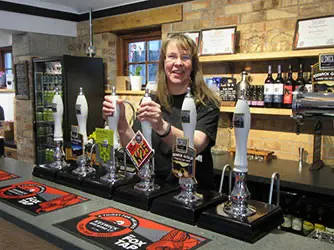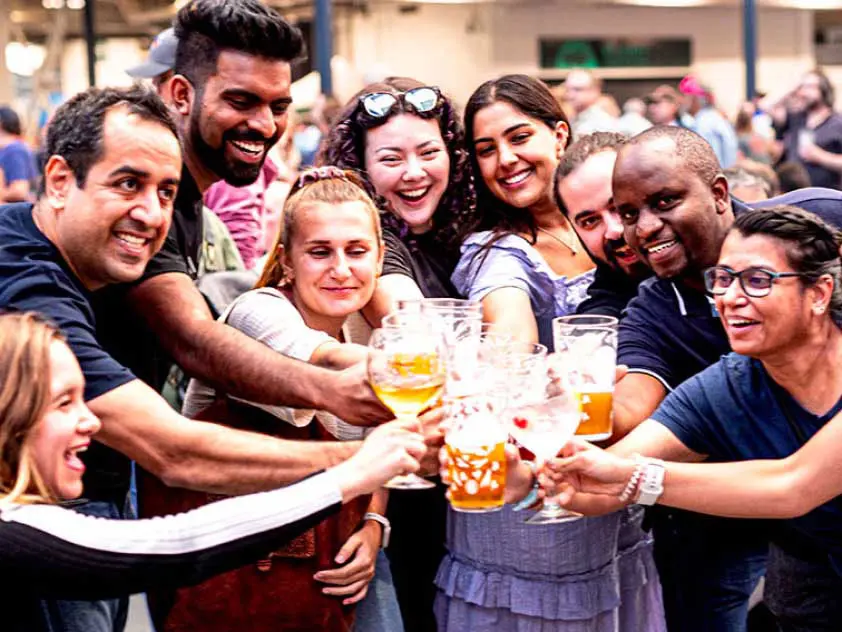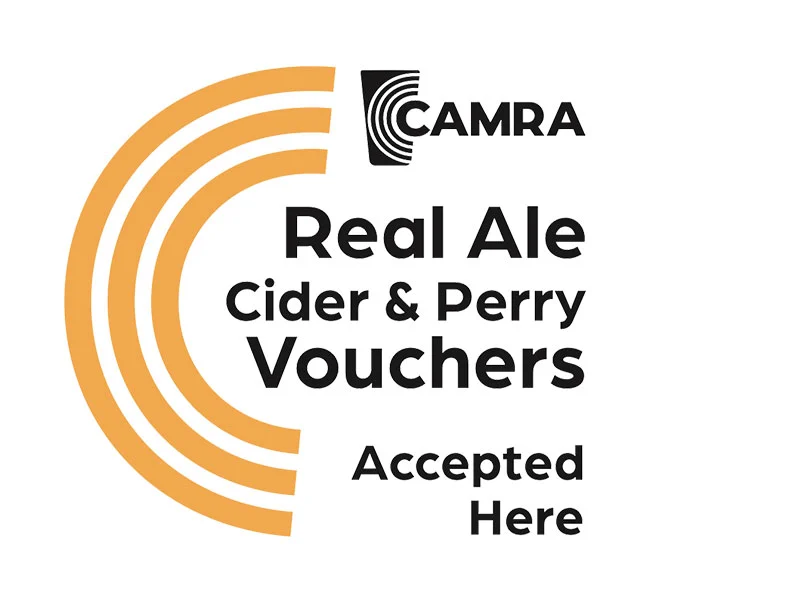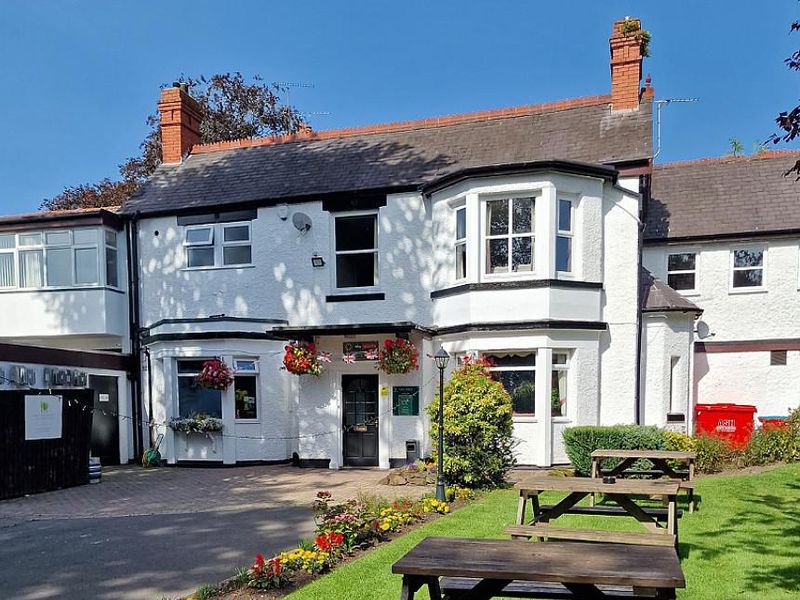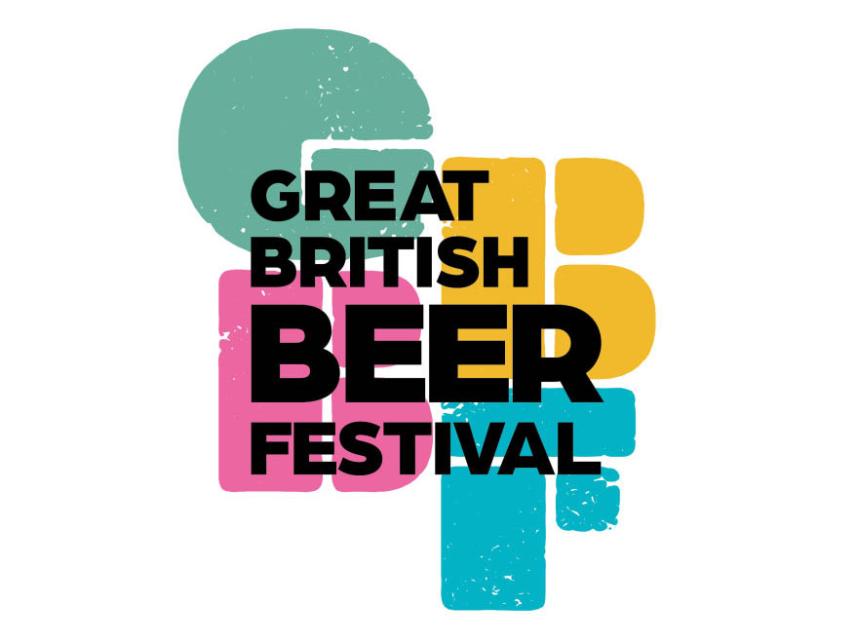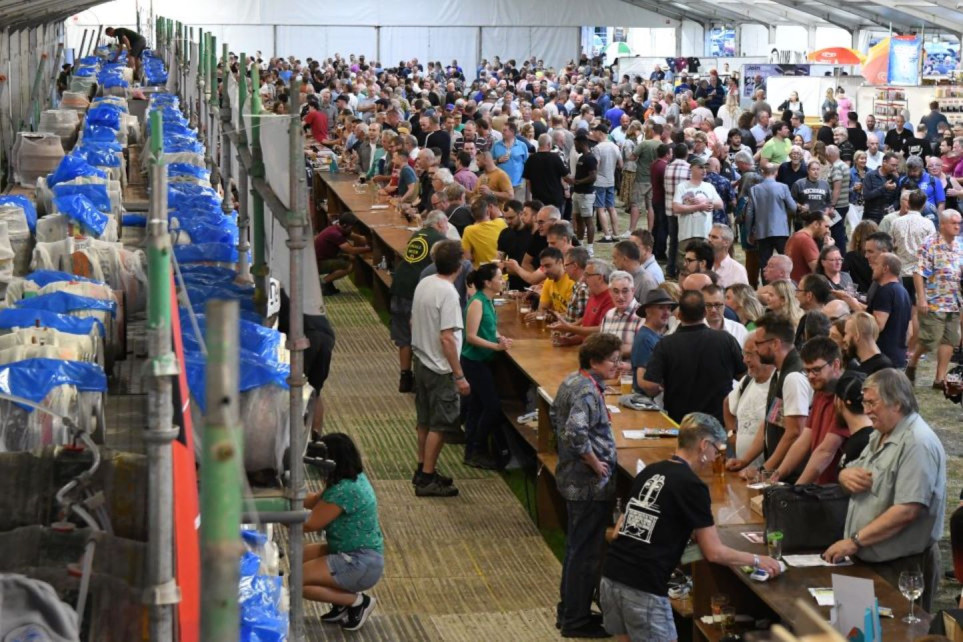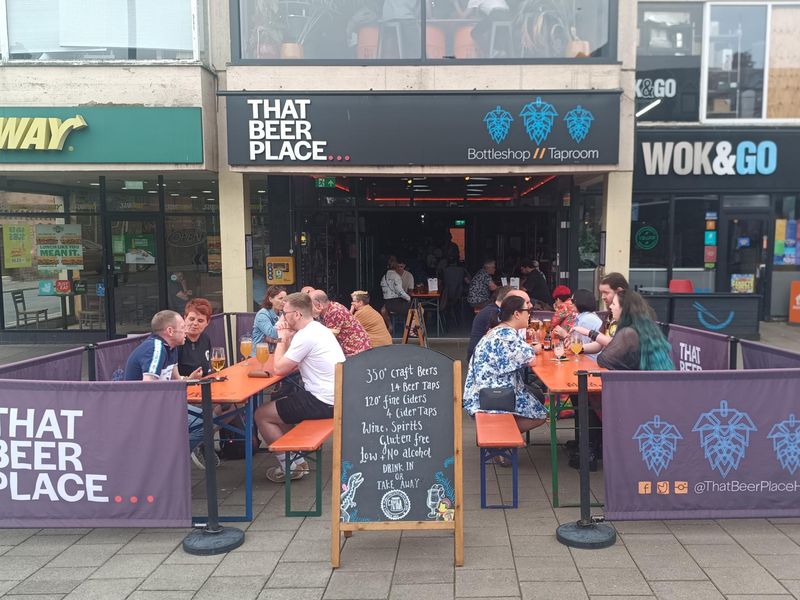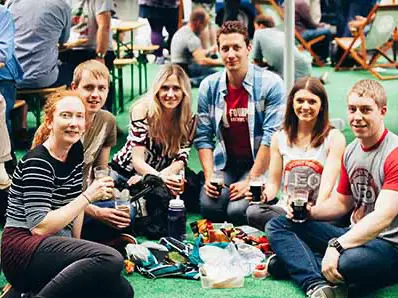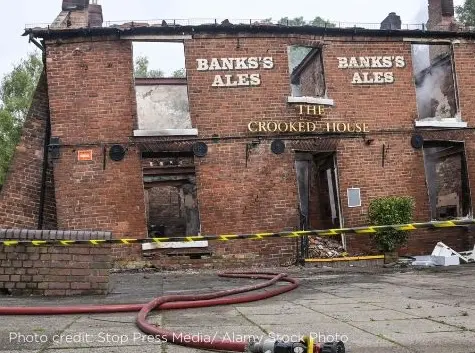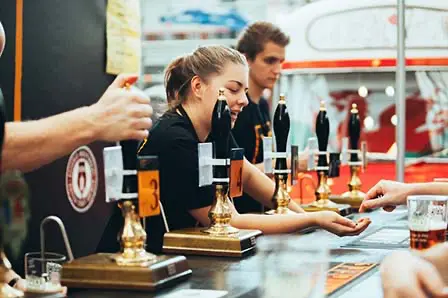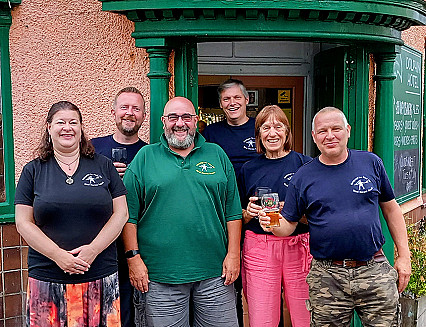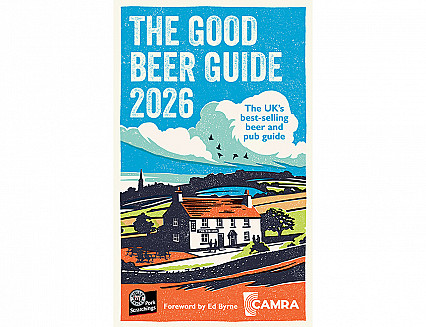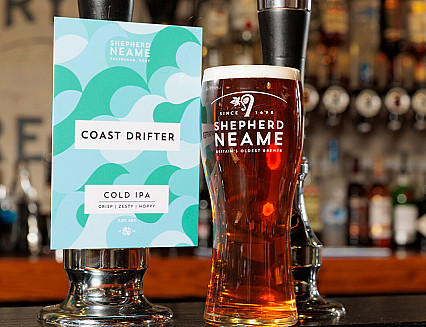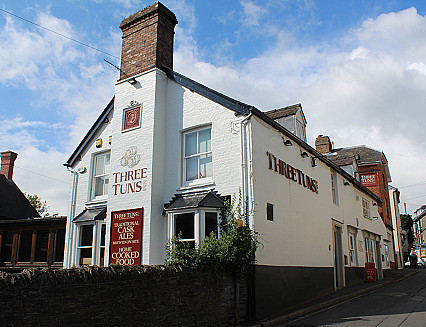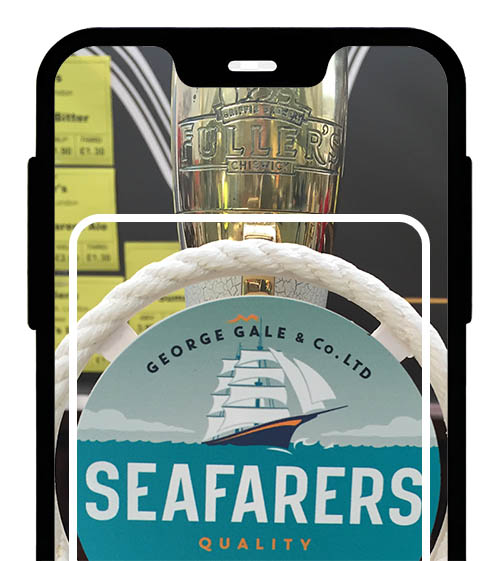Chiltern brewery is doing me the great honour of making a special edition of one of its beers to say thanks for my support for independent craft brewing over many years.
You may consider it something of a backhanded compliment when you learn the beer in question is Bodgers Barley Wine and the version bearing my name will be called Roger’s Bodgers.
But Tom and George Jenkinson assure me that years ago bodgers was a term meaning craftsmen who built chain-link fences in the Chiltern beech woods. They should not be confused with today’s dodgy workmen who cut corners when building or decorating.
Tom and George have taken over the mantle from their father, Richard, who launched the brewery in 1980 in the village of Terrick between Aylesbury and Wendover. It’s one of the oldest independent breweries in the countries.
The family’s success, aided by their one pub, the magnificent medieval King’s Head in Aylesbury, has seen the brewery expand several times to cope with demand. It has been brewing at full capacity for five years and supplies around 100 outlets.
In spite of a formidable strength of 8.5 per cent, Bodgers is enormously popular, and sales have grown in recent years.
In keeping with all the Chiltern beers, it’s brewed with all English ingredients – Maris Otter malting barley and Fuggles and Goldings hops. Roger’s Bodgers was tweaked and has a touch of crystal malt to give the finished beer a bronze colour. Endeavour and First Gold hops were added for additional aroma and flavour.
First Gold was the first hedgerow hop grown in England. It grows to half the height of conventional varieties, is easier to harvest and is less prone to attack by pests and disease.
Endeavour is named after the fictional Chief Inspector E Morse, who was known to enjoy a pint or three. It was discovered when he died that the E stood for Endeavour, bestowed on him by his Quaker parents.
The new batch of Bodgers was brewed on 1 April but it was no joke, with mashing starting at 6.30am. It was a double-mash brew, half going to the main brewery and the remainder – destined to be Roger’s Bodgers – to a small pilot plant, used for short-run beers and to trial potential new brews.
Brewing was overseen by head brewer Dave McGovern and his number two, brewer Alastair Savin. Both are Aylesbury born and bred: Chiltern really does keep all aspects of brewing – people and ingredients – local.
And the Maris Otter barley used has a special significance. It’s grown on the vast Waddeson Estate on the Bucks/Oxfordshire border. The estate is owned by the Rothschild banking dynasty, pioneers of “regenerative farming”.
The aim is to improve the environment by avoiding fertilisers and chemical sprays. The surface of the soil is covered to allow it to feast on the sugars produced by plants as they grow.
Two crops are grown side by side. One is not harvested but is left to feed the soil and capture sunlight.
Over the past 25 years, shrubs and hedgerows have been planted to provide habits for wildlife.
The Maris Otter barley grown at Waddeson goes to Warminster Maltings in Wiltshire to be turned into malt with fermentable sugars. It’s a traditional floor maltings with grain germinated and turned by hand.
This is all bodgering at its finest, as is the production of Chiltern’s barley wine. Following mashing, which takes several hours as a result of the high level of grain needed to produce such a strong beer, the worts were boiled in coppers with whole leaf hops.
The hopped worts were then cooled and pumped to fermenters where an ale yeast culture is added. Fermentation lasts for seven days or “two Sabbaths” in brewer-speak.
The beers will then be conditioned in tanks for a week followed with a month in bottle before they are ready to be released. The bottles will contain live yeast and will improve with age. The Roger’s version will be in numbered bottles.
The painstaking production schedule means it will be several weeks before I can report on the flavour and character of Roger’s Bodgers.
In the meantime Chiltern will be brewing – again by popular demand– a new edition of Ruby Anniversary Ale (7.2 per cent) that was first produced to celebrate CAMRA’s 40th anniversary in 2011.
The beer will be available in both cask and bottle and the latter will be numbered. Also on the agenda this year will be three revived beers to celebrate Chiltern’s own history. They will include an oak-aged Vintage Ale.
Fine traditional beers are being brewed in the Chilterns by craftsmen who are proud to call themselves bodgers. Whether I deserve to be numbered among them only time and taste will tell.
Pictured, from left Tom Jenkinson with brewer for the day Roger Protz.
